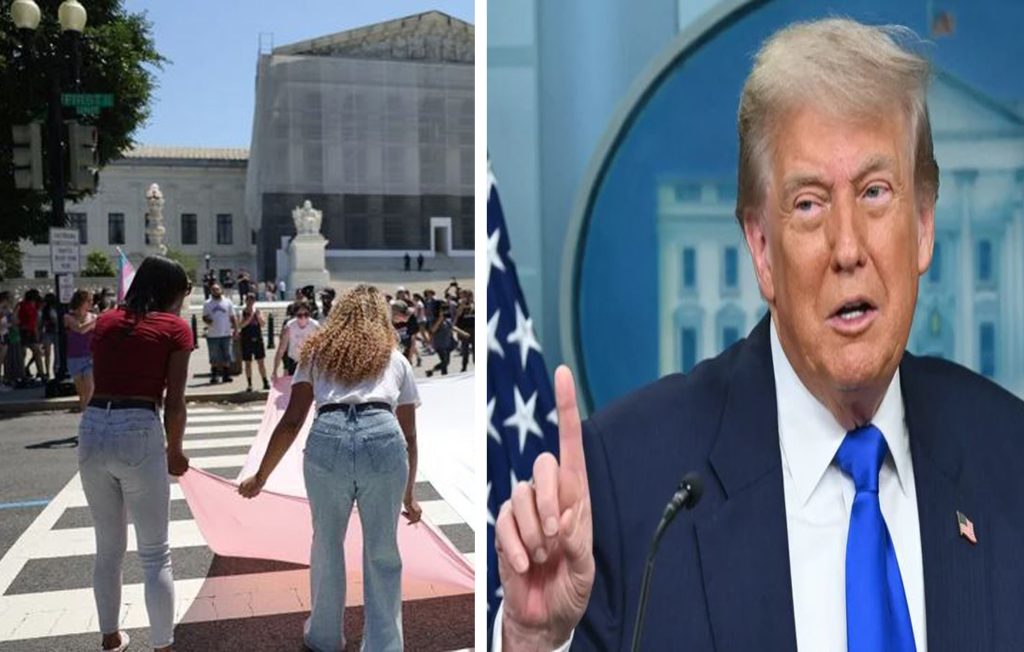
Amid recent political and legal developments in the United States, the Supreme Court appears to be avoiding any decisive rulings that could stop former President Donald Trump or limit his political and legal influence. This stance raises questions about the independence of the American judiciary and its susceptibility to partisan divisions, particularly in cases that threaten the foundations of U.S. democracy.The Supreme Court Has Other Priorities
The Supreme Court and Trump: A Complicated Relationship
Although Trump appointed three Supreme Court justices during his presidency, solidifying its conservative majority, the justices have not always aligned with his expectations. Yet, in sensitive cases involving presidential immunity and criminal investigations, the Court tends to delay or avoid rulings that could directly undermine Trump’s position.The Supreme Court Has Other Priorities
Key Cases the Court Has Sidestepped:
- The Mar-a-Lago Documents Case:
- The Supreme Court repeatedly refused to intervene in the dispute over classified documents Trump took to his Florida residence, allowing investigations to proceed but without expediting them.
- Presidential Immunity:
- In cases concerning Trump’s accountability for his actions during and after his presidency, the Court has leaned toward postponing decisions, granting him indirect protection.
- The 2020 Election and Trump’s Interference:
- Despite evidence of Trump’s attempts to overturn the election results, the Court has not issued any strong rulings affirming the illegality of these efforts.
Why Is the Supreme Court Avoiding a Confrontation with Trump?
- Preserving Its Legitimacy:
- The Court fears being perceived as politically biased, especially after Trump’s appointments tilted its ideological balance.
- Avoiding Constitutional Crises:
- A decisive ruling against Trump could deepen political divisions and inflame his base, risking social stability.
- The Conservative Agenda:
- Some conservative justices may prefer not to weaken Trump, as he represents opportunities to advance their long-term policy goals.
Consequences of the Court’s Hesitation
- Eroding Trust in the Judiciary:
- Many question the fairness of the legal system if it avoids holding influential political figures accountable.
- Encouraging Unaccountable Behavior:
- Politicians may feel emboldened to bypass the law without consequences, undermining democracy.
- Impact on Future Elections:
- If Trump is not held responsible for his actions, it could set a dangerous precedent for future elections.
Conclusion: The Court Chooses Neutrality Over Decisiveness
The U.S. Supreme Court seems to prefer staying out of direct political battles, even if it means delaying justice. While this approach may shield it from short-term criticism, it could ultimately weaken its role as the guardian of the Constitution.
In the end, while many await decisive rulings from the Supreme Court, it appears that its priority is not stopping Trump but maintaining a fragile balance in a deeply divided political system.

[…] in the U.S. Senate have exposed a major political deception, as Republicans manipulated the filibuster—a legislative obstruction tool—in a way that sparked widespread outrage. This move was not only […]